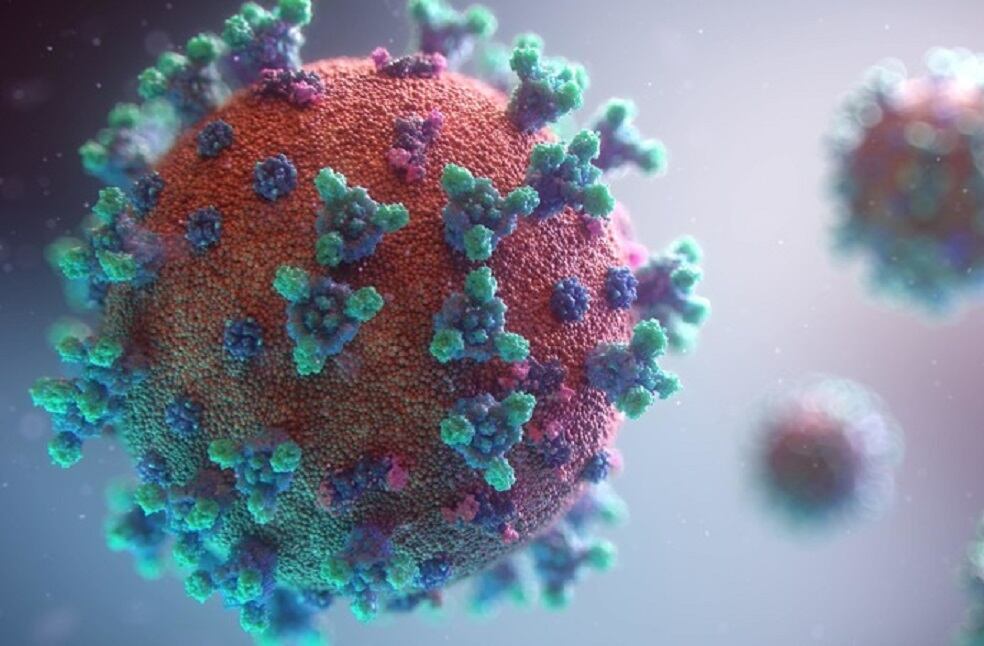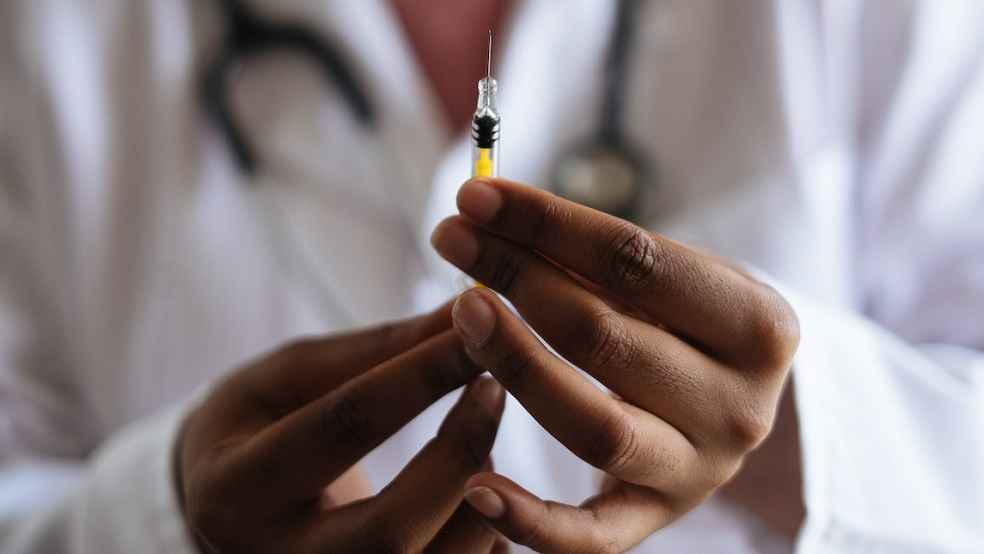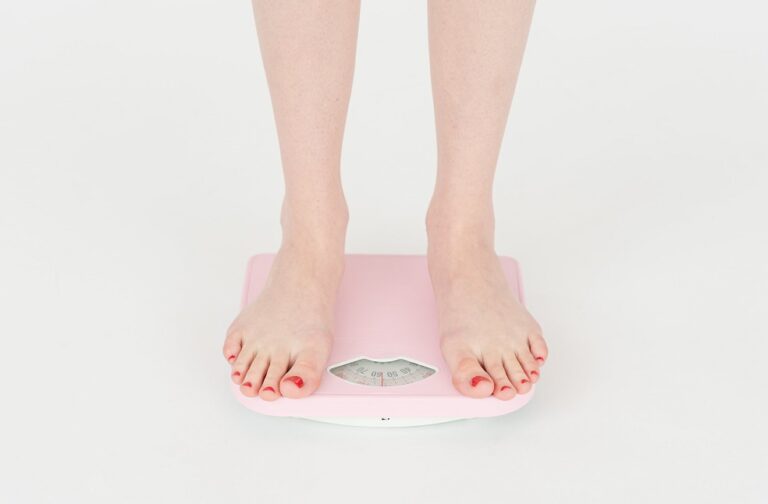Australia: A new research has revealed that being overweight can impair the body’s antibody response to SARS-CoV-2 infection. However, this does not affect the protection offered by COVID-19 vaccination.
The research, published in the journal Clinical & Translational Immunology, was led by the University of Queensland.
“We have previously shown that being overweight—not just being obese—increases the severity of SARS-CoV-2,” said Mr. Marcus Tong, a Ph.D. candidate at the University of Queensland in Australia.

Mr. Tong remarked that, “But this work shows that being overweight creates an impaired antibody response to SARS-CoV-2 infection but not to vaccination.”
The research team collected blood samples from individuals who had recovered from COVID-19 and had not experienced reinfection during the study period, which spanned approximately 3 months and 13 months post-infection.
Mr. Tong commented that, “At three months post-infection, an elevated body mass index (BMI) was associated with reduced antibody levels.”
“And at 13 months post-infection, an elevated BMI was associated with both reduced antibody activity and a reduced percentage of the relevant B cells, a type of cell that helps build these COVID-fighting antibodies,” Mr. Tong added.

The study revealed that an elevated BMI had no effect on the antibody response to COVID-19 vaccination at approximately six months after the second vaccine was administered.
Ms. Kirsty Short, Associate Professor at the University of Queensland, noted that the results should help shape health policy moving forward.
Ms. Short pointed out that, “We’d suggest that more personalised recommendations are needed for overweight people, both for ongoing COVID-19 management and future pandemics.”
“Finally, the data provides an added impetus to improve SARS-CoV-2 vaccination in low-income countries, where there’s a high percentage of people who are overweight and are dependent on infection-induced immunity,” Ms. Short stated.



